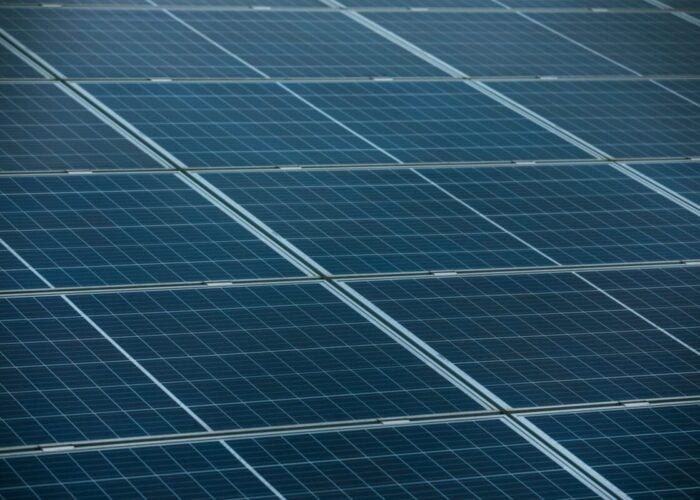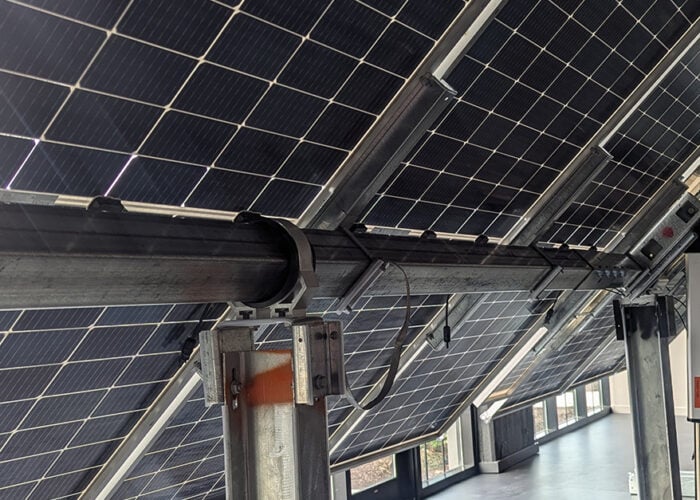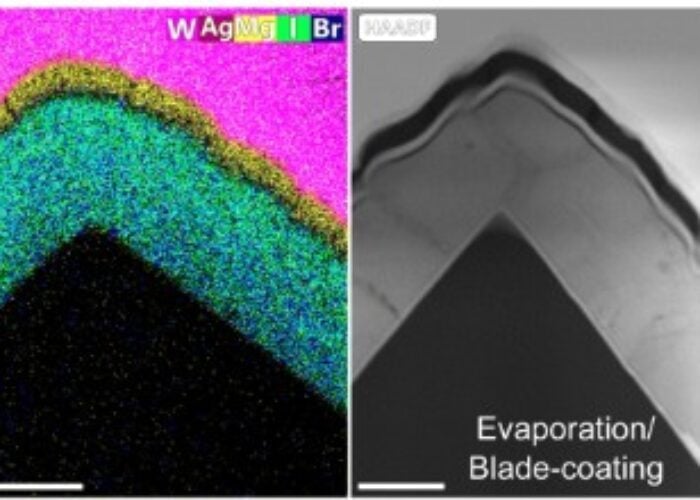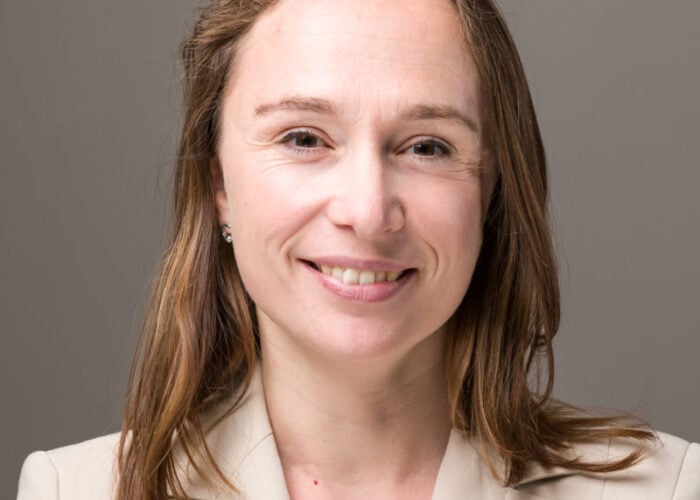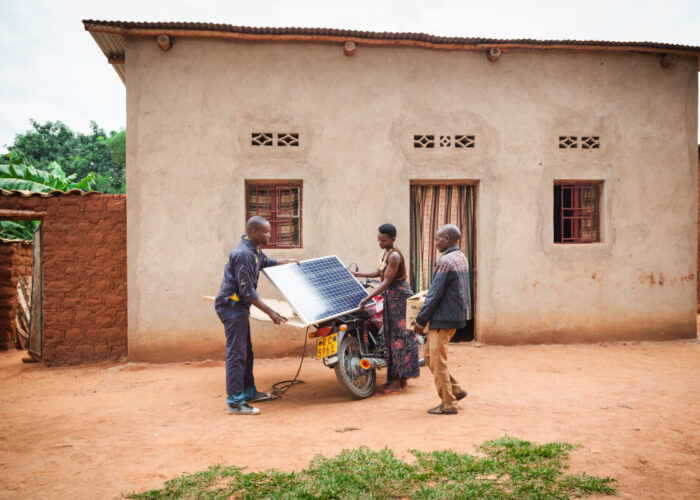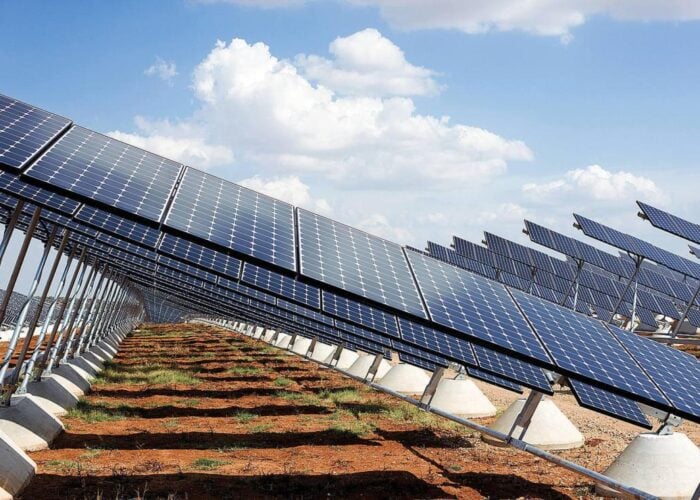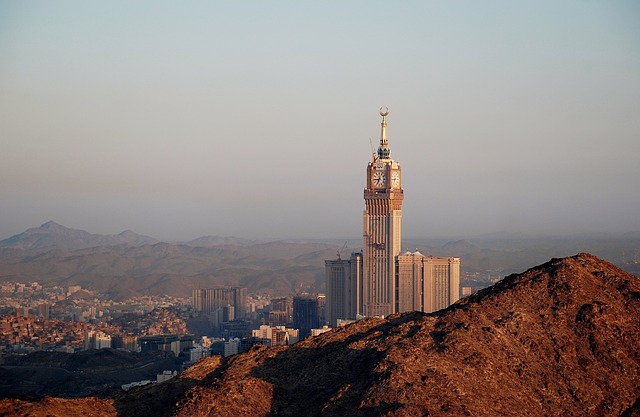
Saudi Arabia has reiterated its commitment to working towards mitigating the effects of global climate change at the 22nd UN Climate Change Conference in Marrakech.
“I am pleased to announce that the Kingdom of Saudi Arabia have completed ratification of the procedures of Paris Convention which underlines the firm commitment of the Saudi role in addressing the problem climate change,” said energy minister Khalid bin Abdualziz Al-Falih at the conference yesterday.
Unlock unlimited access for 12 whole months of distinctive global analysis
Photovoltaics International is now included.
- Regular insight and analysis of the industry’s biggest developments
- In-depth interviews with the industry’s leading figures
- Unlimited digital access to the PV Tech Power journal catalogue
- Unlimited digital access to the Photovoltaics International journal catalogue
- Access to more than 1,000 technical papers
- Discounts on Solar Media’s portfolio of events, in-person and virtual
“In this regard, we stress importance of increasing investment in research and development to reduce the environmental impacts from fossil fuel production and consumption which is, therefore, very necessary to achieve the environmental objectives that have been agreed at the Paris Conference.”
The announcement comes as the Paris Agreement was officially ratified, and in the wider context of global oil prices plunging and most Arab countries experiencing a slight or significant rise in their CO2 emissions.
Saudi Arabia is the only Arab country included on a list of the top 10 biggest CO2 emitters globally, and has experienced a sharp rise between 2014 and 2015; according to data released by the Global Carbon Project during COP22.
Now Saudi is publicly reaffirming its commitment to the global decarbonisation trend.
“The Kingdom of Saudi Arabia remains committed to meet the world’s energy needs through the gradual shift towards a more sustainable environmental future, taking into account that this transformation must remain economically and sustainably viable from an economic perspective at the same time,” Al-Falih concluded.
Al-Falih, who addressed almost 200 nations in his speech, said that Saudi Arabia shares in the international community’s efforts and will endeavour to address the challenges posed by the global issue of climate change, and advocates for mutually beneficial resolutions to the issue.
“It is our sincere hope that the Conference of Parties, at its 22nd session (COP 22), will sustain the momentum of last year’s COP 21 in Paris, where significant progress resulted in the first balanced universal climate agreement which we have now ratified,” he said.
Nigeria 30% renewables of 30GW by 2030
In related news, Nigeria’s president Muhammadu Buhari announced at the conference that the country is now targeting 30GW of on-grid power capacity by 2030, 30% of which will be generated by renewable sources.
The ambitious goal will be a significant leap from the current level of 5GW.
“We have developed the ‘Sustainable Energy for All Action Agenda’ and the National Renewable Energy Action Plan (NREAP) among other policies that are contained in our Vision 30-30-30, with the aim to increase on-grid power capacity from the current level of about 5GW to 30GW by the year 2030, with at least 30% of this capacity coming from renewable energy technologies.”

